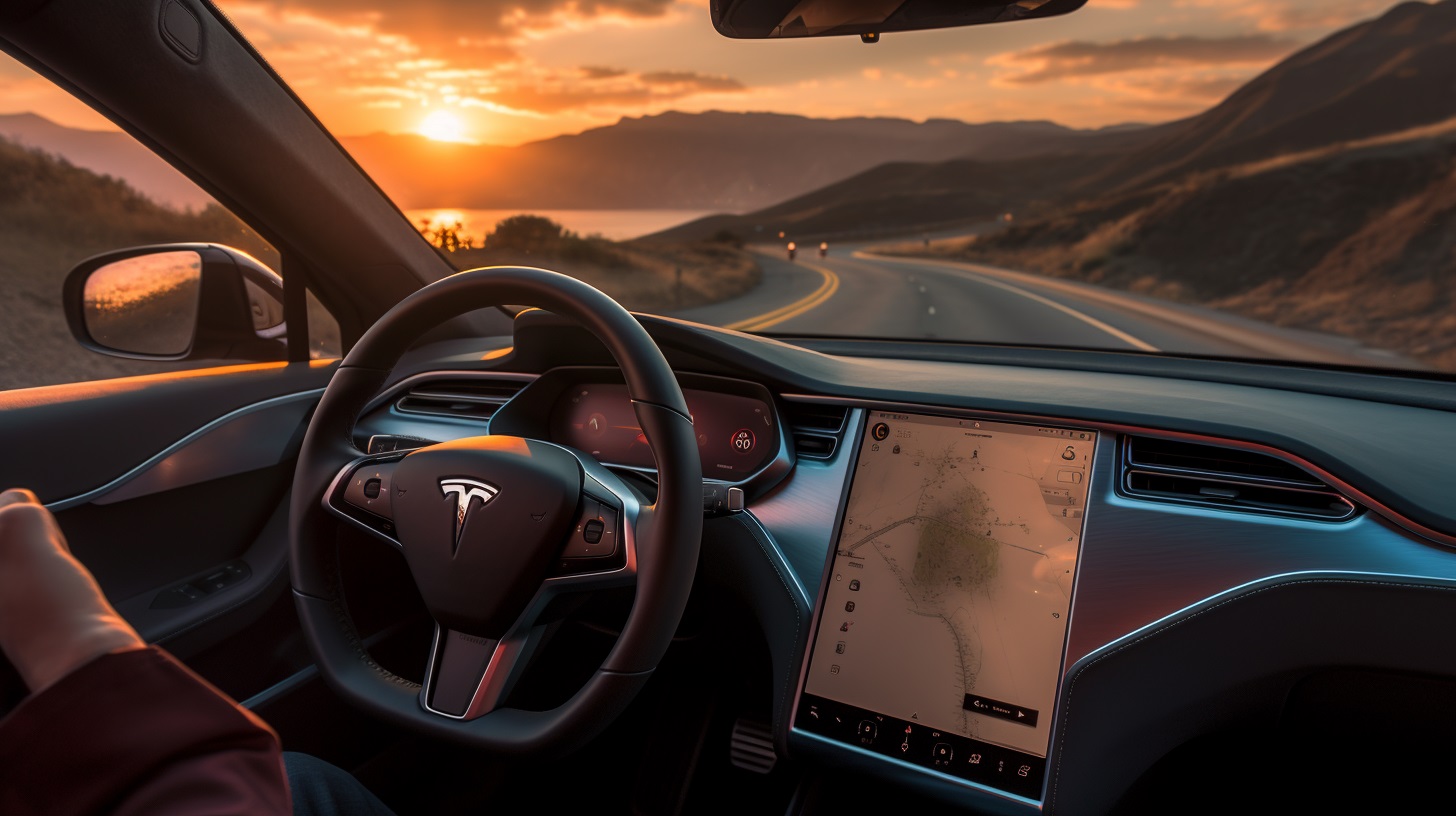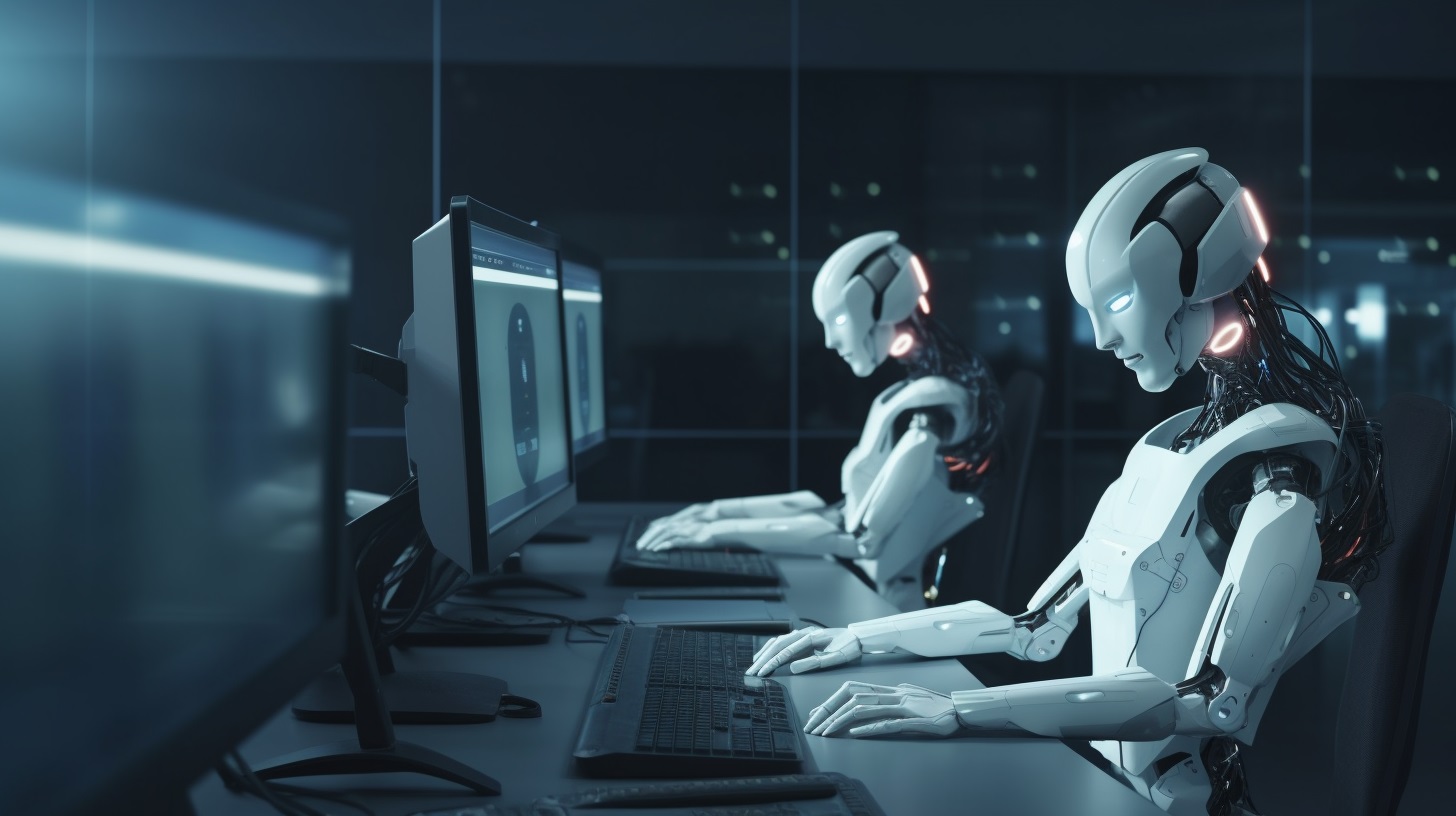The rapid advancement of Artificial Intelligence (AI) has raised concerns about the potential displacement of human workers. With the emergence of powerful Artificial Intelligence tools like ChatGPT and Google’s Bard, discussions about the extent to which AI will replace human jobs have intensified [1]. This article explores the industries that are most heavily impacted by AI and the potential consequences for workers.
The Rise of Generative AI
Generative Artificial Intelligence, a form of artificial intelligence capable of creating text or other content based on user prompts, has gained significant popularity since the launch of OpenAI’s ChatGPT [1]. People have utilized Artificial Intelligence chatbots like ChatGPT for various tasks, including writing college-level essays and generating code [1]. Moreover, Google’s introduction of Bard, a competitor to ChatGPT, has further intensified the AI race [1].
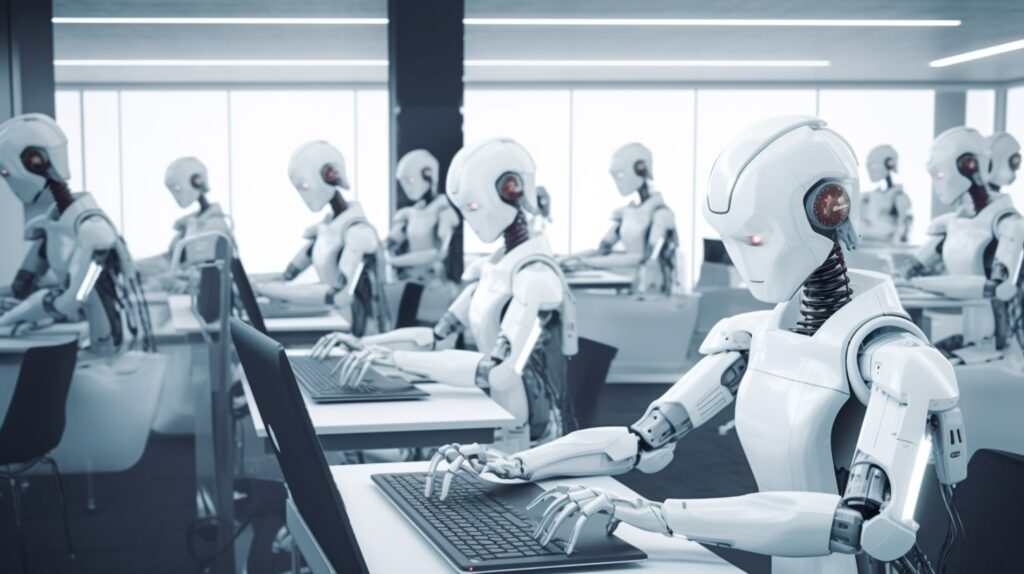
The Impact of AI on Jobs and Industries
According to a report by Goldman Sachs, generative Artificial Intelligence could potentially affect around 300 million jobs globally, which accounts for approximately 18% of the global workforce [1]. Advanced economies are expected to be more heavily impacted than emerging markets. The report also suggests that approximately two-thirds of jobs in the United States and Europe are exposed to some degree of Artificial Intelligence automation, with around a quarter of all jobs having the potential to be performed entirely by AI [1].
Industries Heavily Impacted
- White-Collar Work: Surprisingly, some traditionally white-collar jobs are expected to be heavily impacted by AI. Educated white-collar workers earning up to $80,000 a year are among the most likely to be affected by workforce automation [1].
Industries Least Exposed
- Agriculture: Jobs in agriculture are among the least exposed to generative Artificial Intelligence automation [1].
- Mining: The mining industry is also less exposed to the automation potential of generative AI [1].
- Manufacturing: Jobs in manufacturing have a lower exposure to generative AI compared to other industries [1].
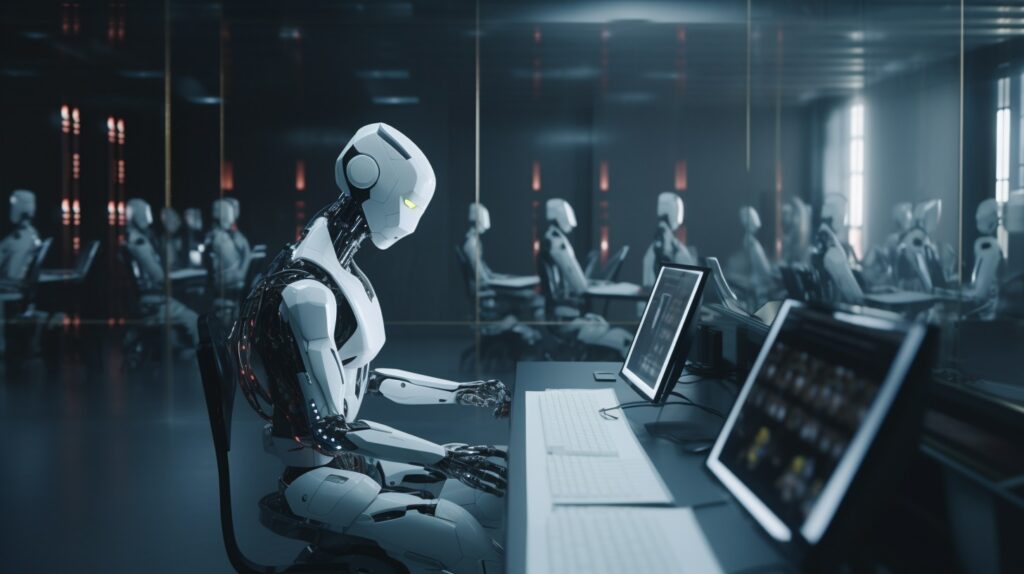
The Future of AI on Workforce Automation
While the impact of Artificial Intelligence on jobs raises concerns about unemployment, it is crucial to consider the potential for new job opportunities and a productivity boom. The use of generative Artificial Intelligence, which can produce content indistinguishable from human work, is seen as a major advancement [3]. It is expected that Artificial Intelligence will complement the way we work and enhance job performance rather than completely replace human workers [3].
Conclusion
As technology continues to advance, it will undoubtedly have a significant impact on various industries and jobs. White-collar workers and specific industries, such as agriculture, mining, and manufacturing, will experience varying levels of exposure to Artificial Intelligence automation. While concerns about job displacement exist, it is essential to view Artificial Intelligence as a tool that can augment human capabilities and drive productivity. Adapting to the changing landscape and upskilling the workforce will be key in navigating the future of work in an AI-driven world.
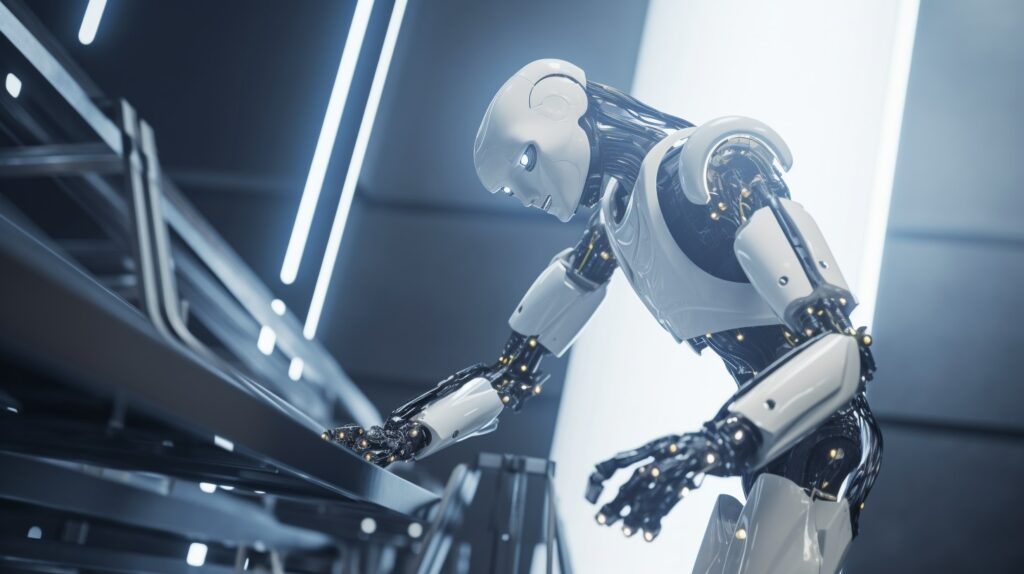
References
- Forbes: Which Jobs Will AI Replace? These 4 Industries Will Be Heavily Impacted
- BBC: The workers already replaced by artificial intelligence
- BBC: AI could replace equivalent of 300 million jobs – report
- Business Insider: ChatGPT: the 10 Jobs Most at Risk of Being Replaced by AI
- MIT News: How many jobs do robots really replace?

